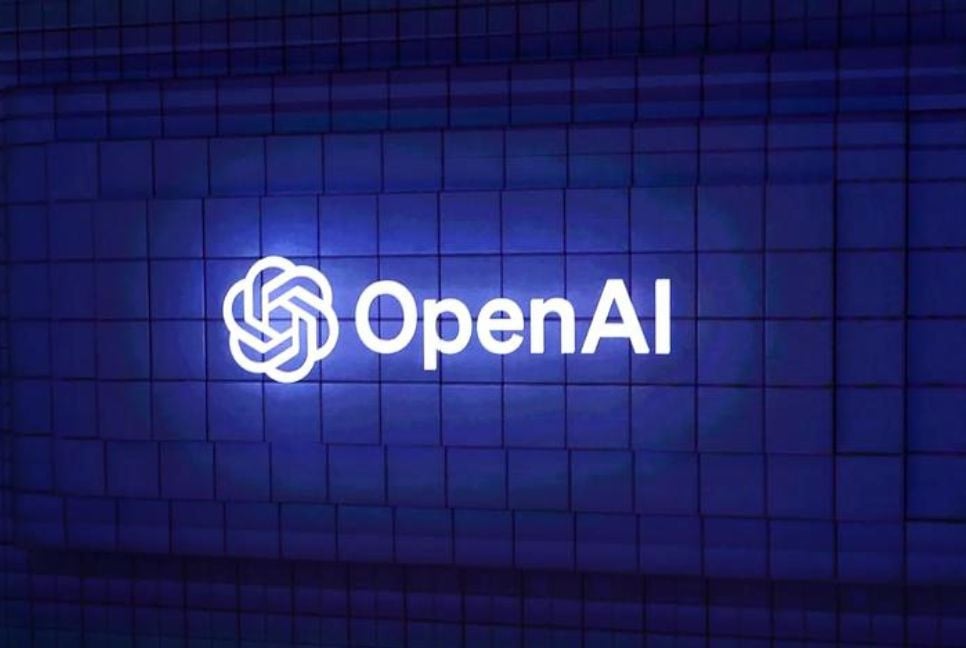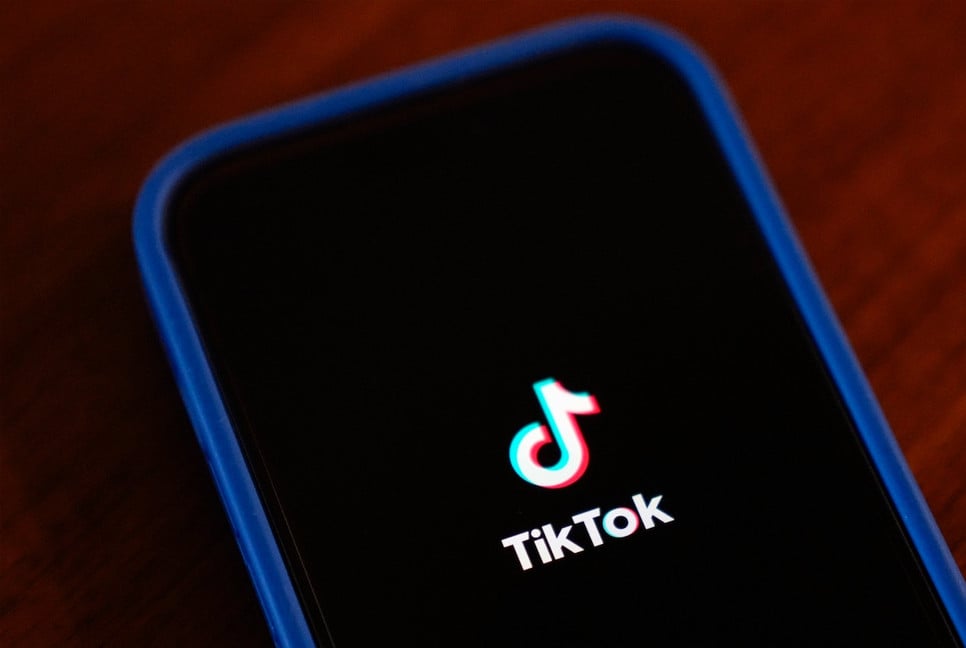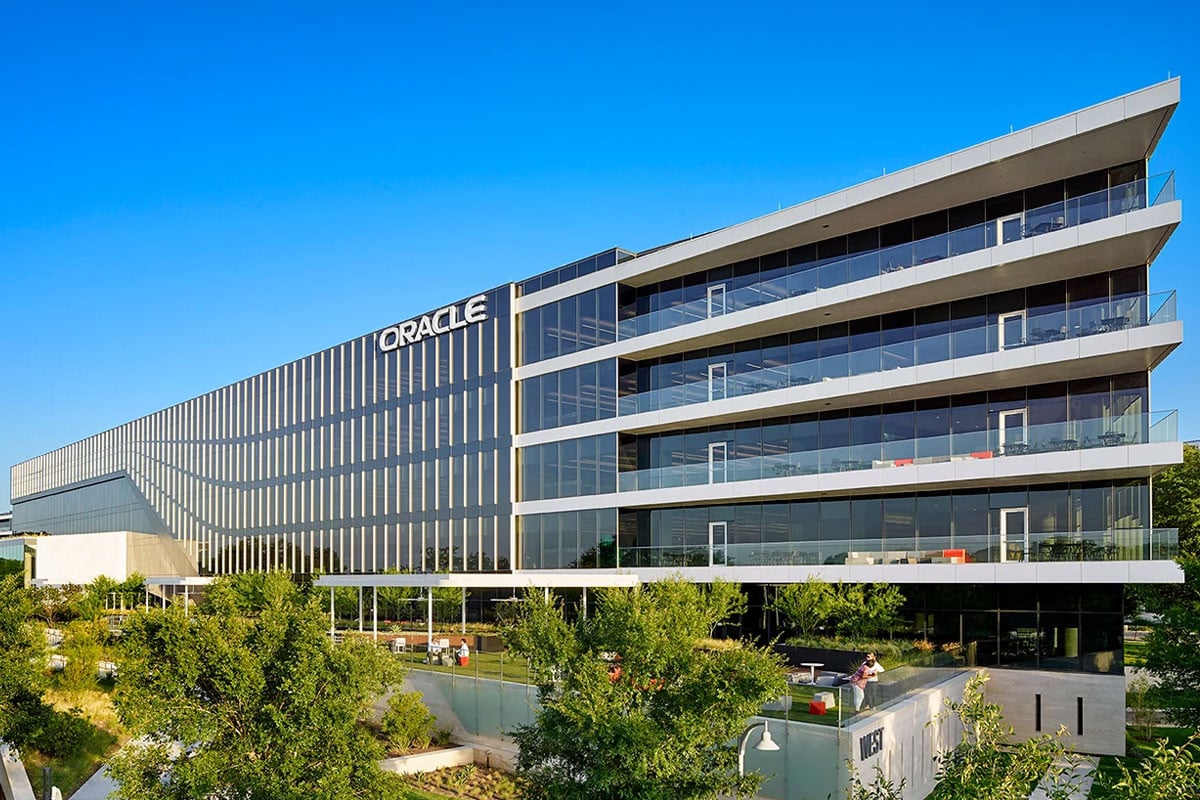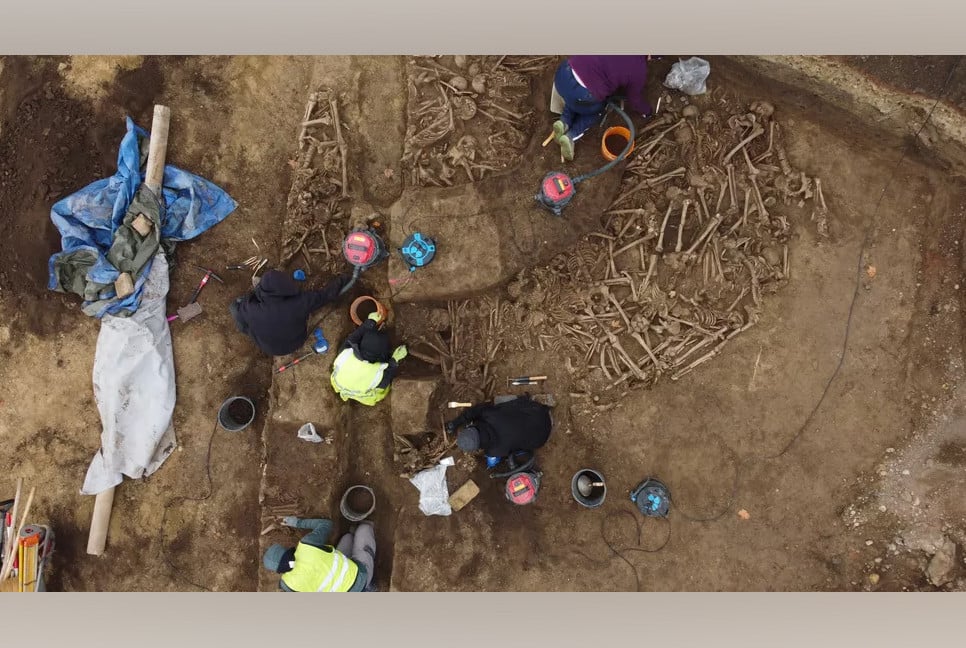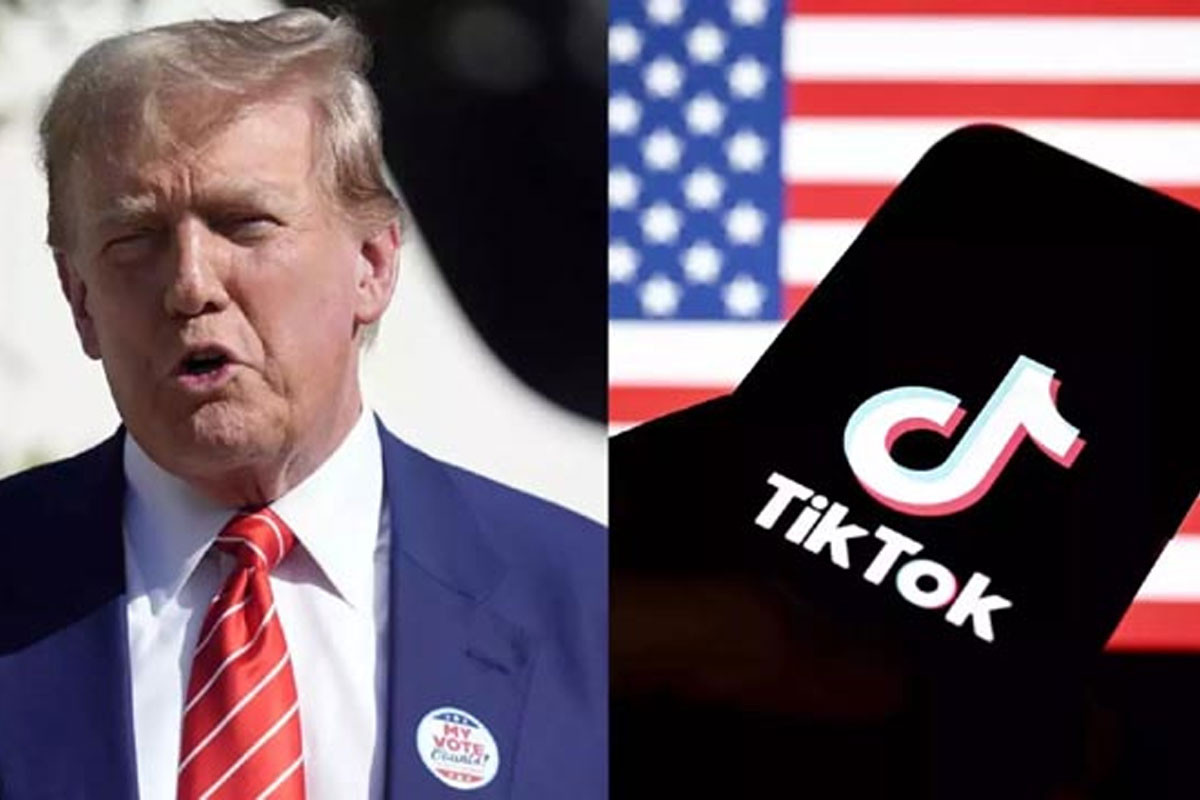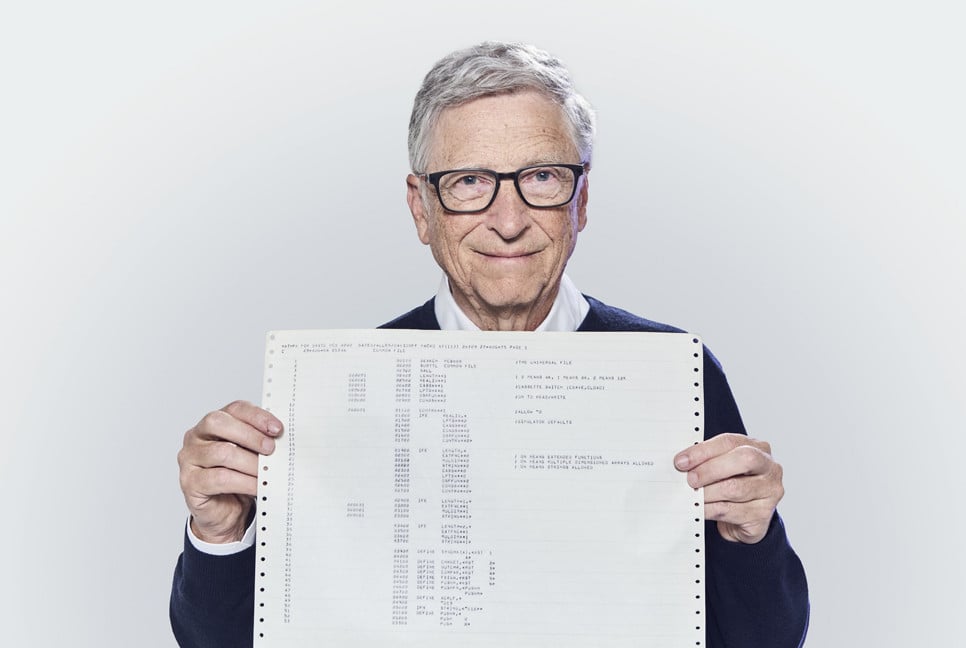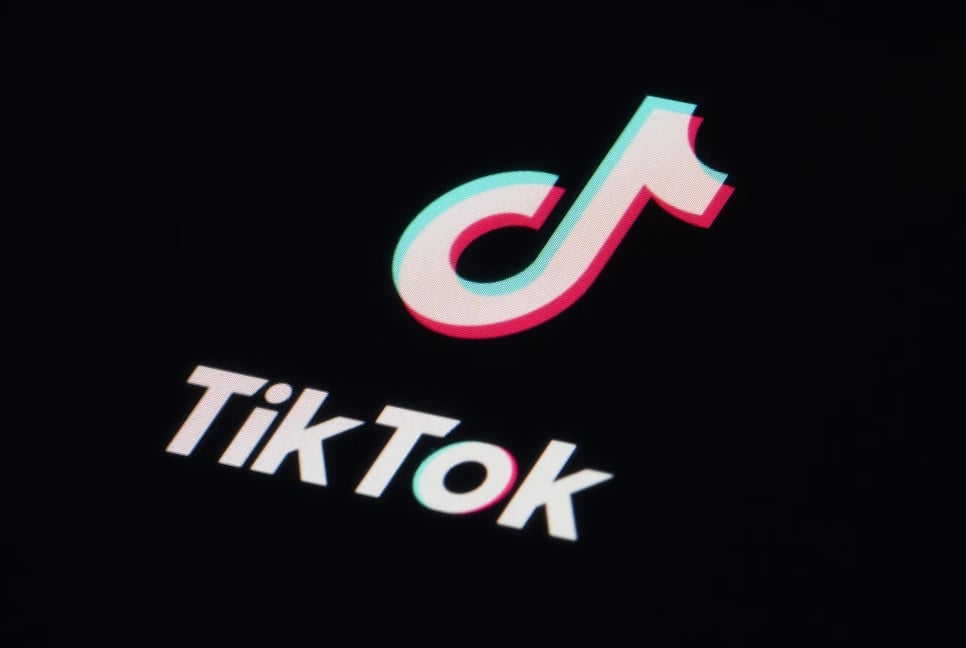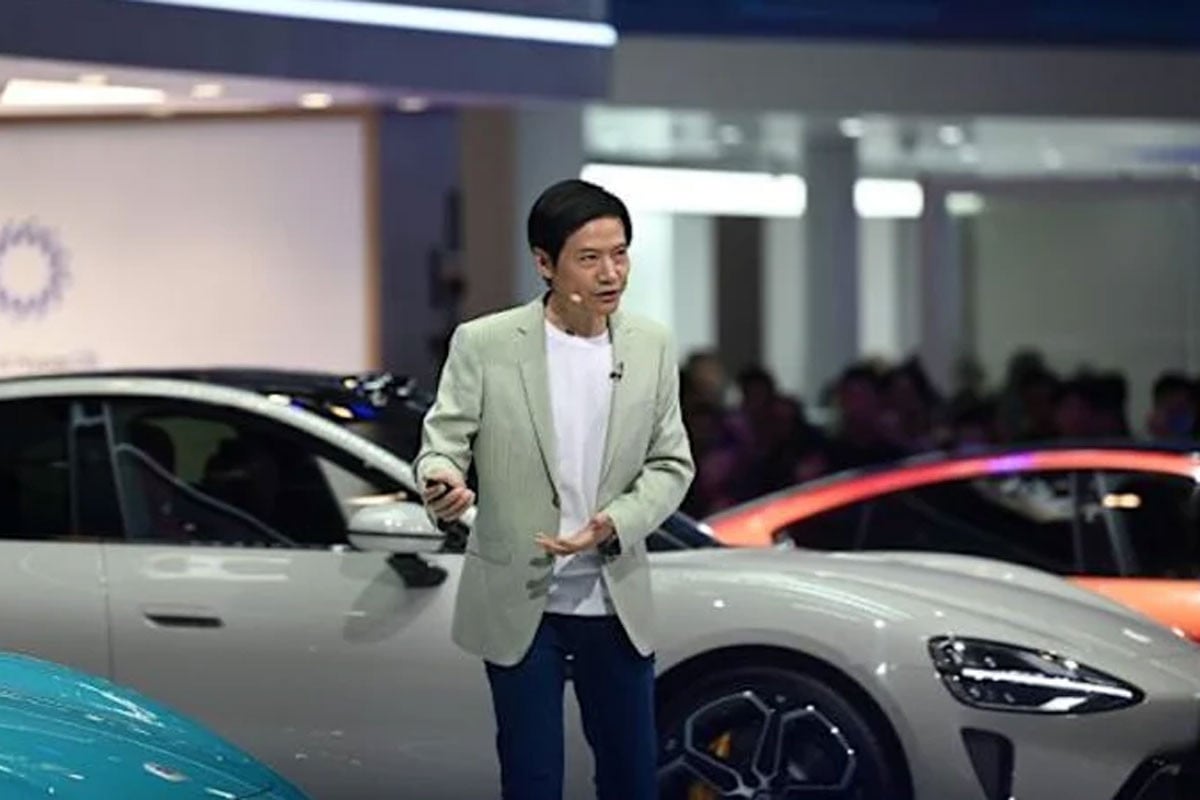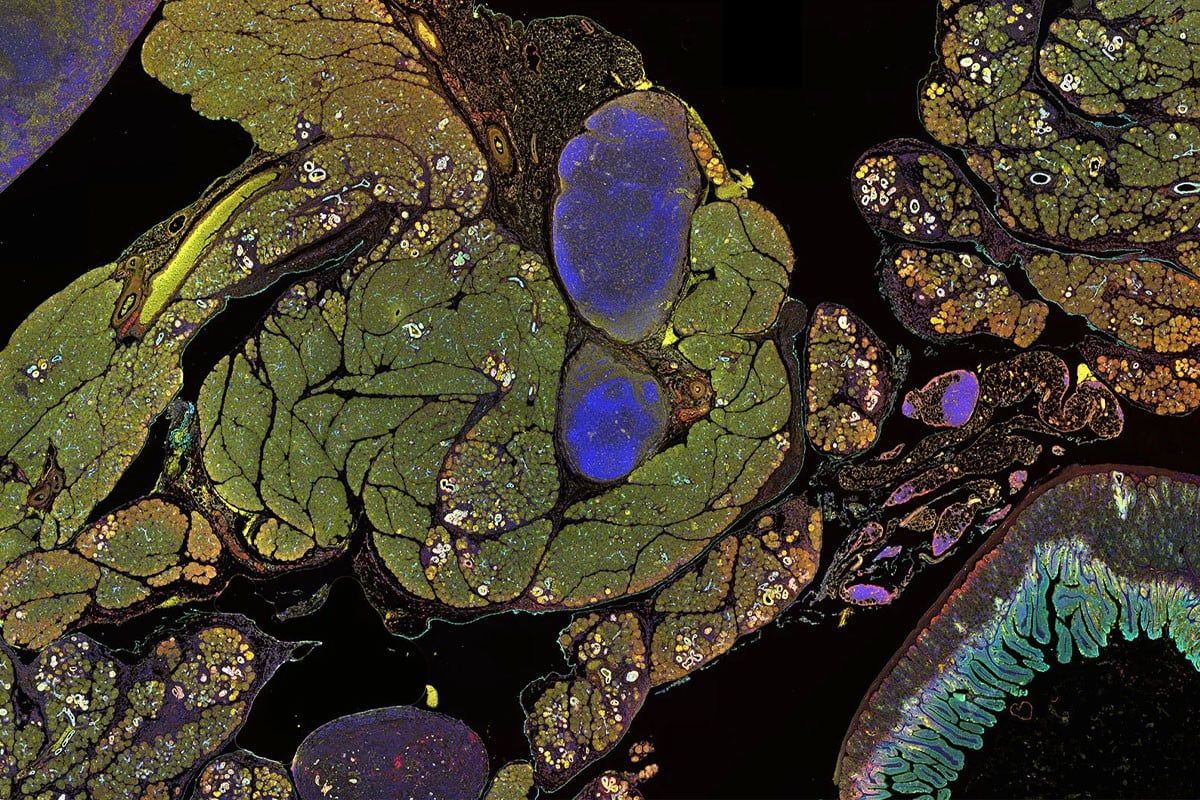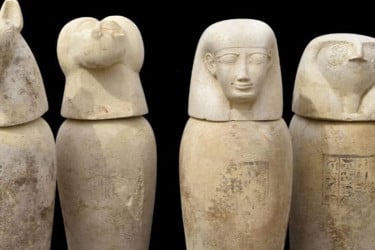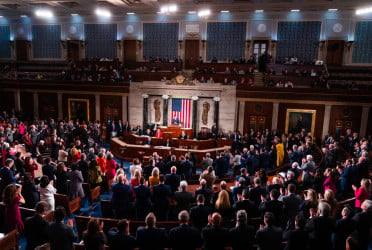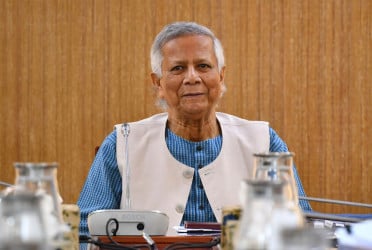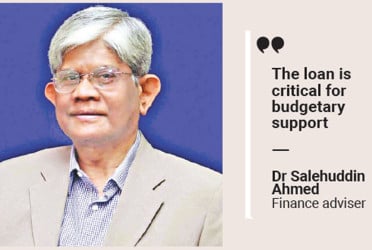OpenAI, in partnership with longevity startup Retro Biosciences, has reportedly developed an artificial intelligence model aimed at enhancing the efficiency of stem cell production.
The initiative marks OpenAI’s entry into biological research, with the company’s GPT-4b model engineered to design proteins capable of converting regular cells into stem cells.
According to MIT Technology Review, the GPT-4b project began a year ago after Retro Biosciences approached OpenAI for collaboration. Sam Altman, CEO of OpenAI, had already invested $180 million into Retro, a company dedicated to extending the average human lifespan by 10 years.
The partnership reflects a shared vision of leveraging cutting-edge technology to push the boundaries of scientific discovery.
A leap towards Artificial General Intelligence
OpenAI’s new model has been trained on vast datasets, encompassing protein sequences from multiple species and data on protein interactions. Unlike Google DeepMind’s AlphaFold, which predicts protein shapes, GPT-4b is tailored for engineering proteins, allowing for the reprogramming of cells.
While its dataset is smaller than that used for OpenAI’s flagship chatbots, GPT-4b has demonstrated remarkable precision, surpassing human capabilities in designing functional proteins.
This development is being heralded as a significant step towards Artificial General Intelligence (AGI). Earlier this month, Altman expressed confidence in OpenAI’s progress towards building AGI, emphasising that such advancements could massively accelerate scientific discovery and innovation.
Revolutionising stem cell research
One of the most notable achievements of GPT-4b lies in its ability to enhance the functionality of Yamanaka factors—a set of four genes instrumental in reprogramming adult cells into stem cell-like states.
By integrating AI-driven insights, researchers have successfully modified two Yamanaka factors to be over 50 times more effective.
“This breakthrough essentially resets a cell to its factory settings, enabling it to grow into almost any type of cell in the body,” said John Hallman, a lead researcher from OpenAI. The effort was co-led by Rico Meini of Retro Biosciences.
A new frontier for AI in biology
OpenAI’s venture into biological research is a bold expansion of its portfolio, which until now has largely focused on linguistic and conversational AI models. This aligns with the company’s broader ambitions to explore applications of AI in addressing complex scientific challenges.
With GPT-4b’s success, OpenAI positions itself alongside Google DeepMind as a frontrunner in using AI for biological and medical innovation.
Retro Biosciences, for its part, continues to focus on extending the human lifespan by tackling ageing at the cellular level. By employing GPT-4b micro—a specialised version of the model—the startup aims to re-engineer protein factors, enhancing their functionality and paving the way for groundbreaking advancements in regenerative medicine.
Implications for longevity research
The collaboration between OpenAI and Retro Biosciences highlights the growing synergy between AI and life sciences. If successful, the GPT-4b model could transform our understanding of cellular biology, providing tools to combat age-related diseases and improve overall human health.
As OpenAI and Retro Biosciences push the boundaries of what AI can achieve, the prospect of extending human lifespan no longer seems a distant goal but an imminent possibility.
Source: UNB with inputs from news wires
Bd-pratidin English/Fariha Nowshin Chinika

